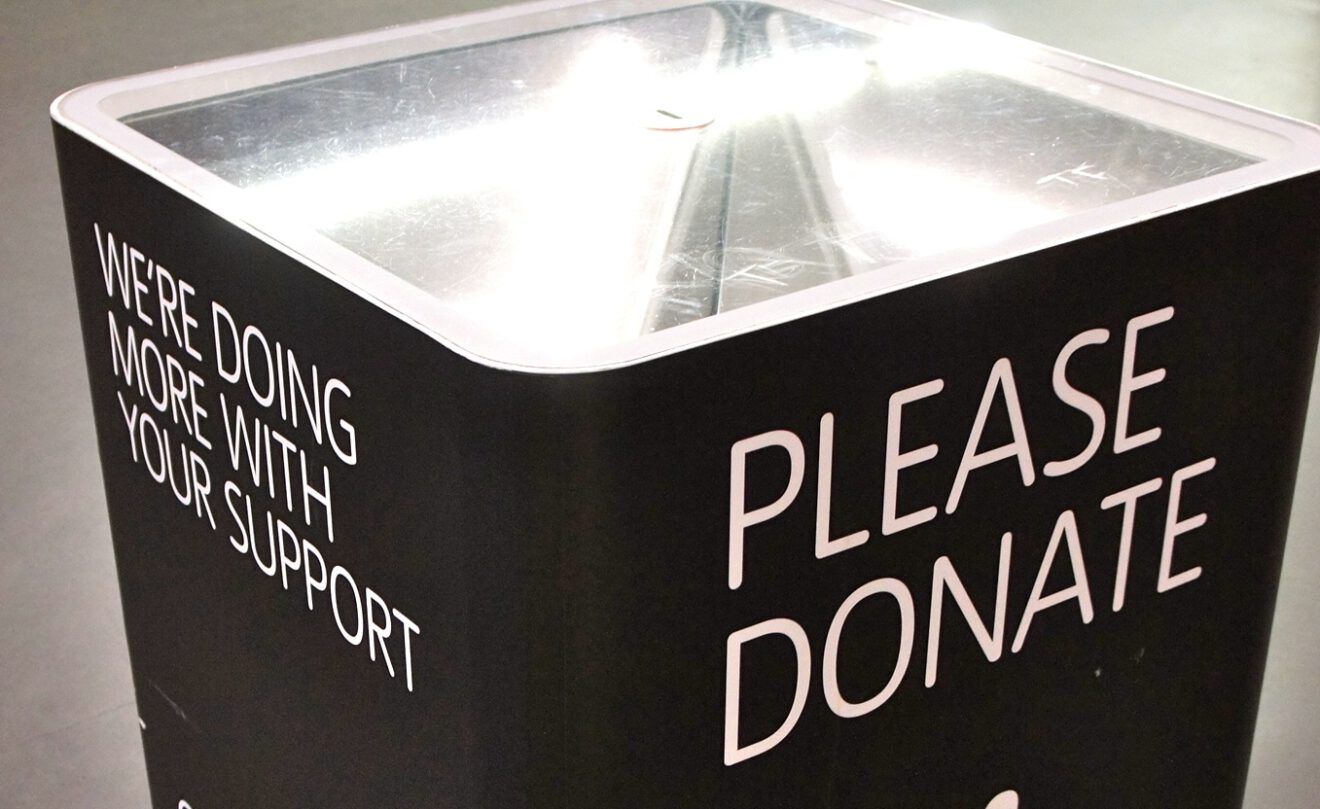As consumers grow increasingly interested in working with brands that have a strong social conscience, it’s important for companies to ensure that they aren’t just about the profits, but that they also have something more to offer. Although it can be daunting for a food or beverage brand to suddenly adopt a social mission, creating one can help businesses connect more closely with consumers who rank this as a high priority.
Why should you create a social mission? One huge benefit is an uptick in your customer retention and loyalty rates, as well as increased peer-to-peer recommendations, says Gwendolyn Wright of The Wright Consultants in San Francisco. “A company which values social responsibility and having a positive impact on the community often sees the value of its brand increase in the eye of the customer,” she says. “Customers, especially millennials, want to know a company is doing something good with their money and making a difference in the world. It also makes employees feel better about the company, which enhances performance.”
Consider this example: Bob Evanosky launched the Aspen Lane Wine Company as a way to boost donations to local non-profits, and the company donates 100% of the business’s profits to organizations that are dedicated to helping children and adults with special needs. “When someone buys our wine, we want them to pick a charity that we’ve pre-selected that we know we can vouch for,” he says. He estimates that by 2022, the company will be able to distribute $1.4 million annually to non-profit organizations.
What surprised Evanosky about his business was that even though his customers enjoyed his wines, they were more drawn to the winery’s philanthropic philosophy. “If you have a product and you choose to get a social mission overnight, it will increase your profit faster than you can give it away,” he said. “If there’s ever been a time where shoppers want a purpose, it’s now. I didn’t know that when I started, but now that I’ve been in business for a while, I’ve found that as long as there’s a social bend to a product, people really love it. If a business opens up its heart a little bit, they’d actually make more money.”
Start With Local Organizations
Businesses trying to create a socially conscious angle shouldn’t have to look too far to find a partner, Wright says. “Any company seeking to establish a social mission should look in their own backyards and find a problem that need to be solved. Find something they are passionate about, such as donating food to homeless shelters and local public schools, or teaching unemployed youth front of house and back of house skills, because it requires a real commitment, consistent action, leadership and involvement. Whatever it is, the cause or mission cannot be a burden or a task but a joy.”
Remember when choosing your charity of choice that it should be one that appeals to a wide number of consumers. “Companies that are just starting in this field should keep in mind that the social mission can’t be one that’s controversial,” Evanosky advises. Once the company nails down the type of contributions it plans to make, then the business should establish the parameters, such as the percentage of profits the company will donate.
“Businesses may think this will cause them to lose profits, but what they’ll end up finding is that they gain additional profit because people want to work with companies that are doing good for their communities,” Evanosky says.
For companies that are just launching, the social mission should be written into the initial business plan just as the business would establish parameters for marketing, sales and operations. “It’s just part of the normal business function — the only difference is that you’ve chosen to establish relationships and maintain the responsibility of supporting a particular cause,” Evanosky says. “It can be scary because you don’t know if you’re going to have a slow time, since for-profit businesses dip into their profits for reserves during those periods, and we don’t have any profits. But if there was any advice I would give, it would be truly understanding how powerful it is to create a social mission.”
__________________________________________________
If you enjoyed this article, join SmartBrief’s email list for more stories about the food and beverage industry. We offer 17 newsletters covering the industry from restaurants to food manufacturing.
